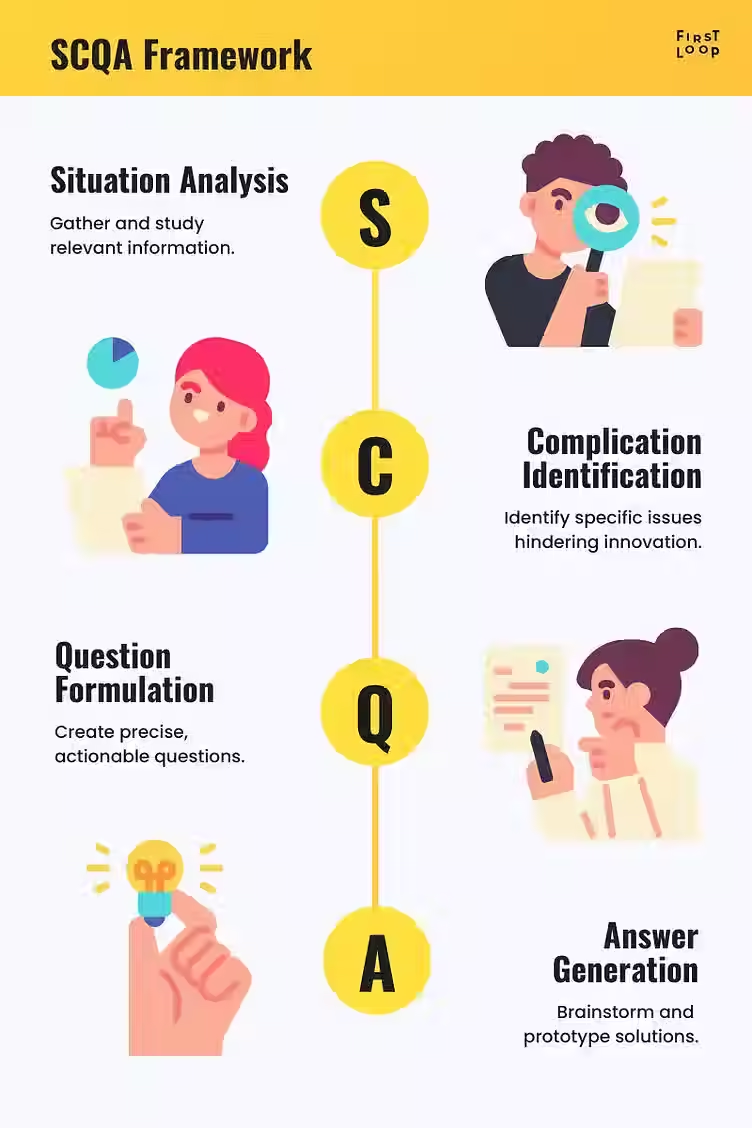Unlocking the Secrets of Case Competitions: A Comprehensive Guide to Thriving in Team Challenges
- Postgraduate Business Society PBSoc
- Jul 7, 2025
- 4 min read
In today’s fast-paced business environment, practical experience is essential. One exciting way to gain such experience is through case competitions. These contests challenge teams to address real-world business problems within a set timeframe. Participants gain invaluable learning experiences, networking opportunities, and potential career advancement. This article explores what case competitions are, how they work, and effective strategies for excelling in them.
What is a Case Competition?
A case competition is a structured, team-based challenge where participants analyze a business issue and propose innovative solutions. Typically, teams consist of 3-4 members who engage deeply with a "case study" provided by a partner organization.
Each competition follows a set process, culminating in a presentation to a panel of judges, often made up of industry experts. This structure allows teams to showcase their skills in analysis and problem-solving in a competitive framework.
Structure of Case Competitions
Slide Submissions
After receiving the case brief, teams need to create a slide deck that highlights their analysis and proposed solutions. This first submission is critical as it establishes the tone for their final presentation. Successful teams enhance their decks with clear visuals, engaging graphics, and thorough explanations.

Heats/Semi-finals
Once slide decks are submitted, teams participate in heats, presenting their solutions through either a video or live pitch. Sponsor representatives typically judge these sessions and select teams to advance to the finals. This stage increases the pressure, as the quality of the presentation often determines success.
Finals
The finals represent the competition's climax. Finalists present their solutions to a live audience, often in a formal setting. Judges evaluate each presentation, and the best teams receive prizes and recognition, solidifying their accomplishments. Interestingly, finalists have an average of only 15 minutes to present, demonstrating the importance of concise and impactful communication.
Skills Developed Through Case Competitions
Participating in case competitions develops numerous essential skills.
Analytical Thinking
Case competitions push participants to analyze data and explore various business models. For instance, participants might analyze a company's sales trends, market share, and customer feedback. This exercise sharpens analytical skills, enabling participants to identify critical issues and assess potential solutions effectively.
Teamwork
Collaboration is vital during case competitions. Participants must learn to work harmoniously with their teammates, combining various perspectives to create comprehensive strategies. According to a survey, 75% of competitors feel their teamwork skills improved significantly after such experiences.
Communication
Presenting solutions to a panel of judges can be daunting. Competitors must clearly articulate their ideas. Effective communication is crucial to persuading judges of the feasibility and impact of their proposals.
Problem-Solving
Competitors are challenged to devise innovative, practical strategies under tight deadlines. This fast-paced environment encourages creativity and enhances problem-solving skills, helping participants think outside the box. Statistics show that participants have reported a 60% increase in their ability to develop solutions quickly compared to before entering the competition.
Preparing for a Case Competition
Preparation is key to success in a case competition. Here are steps teams can take to position themselves for success:
Research the Company
Understanding the company presenting the case is foundational. Teams should familiarize themselves with its culture, industry, challenges, and competitors. This knowledge can notably enhance the quality of the proposed solutions.
Analyze the Case
After receiving the case study, teams should break down the problem systematically. They must dissect the data presented and connect various elements of the case to formulate informed responses.
Brainstorm Solutions
Effective teams brainstorm multiple solutions to the problem. Creative thinking is essential; teams should explore unique strategies that may not be immediately obvious. Documenting every idea allows for a thorough refinement process.
Design the Presentation
A well-crafted presentation can determine the outcome of the competition. Teams should pay careful attention to their slide design, ensuring it aligns with their verbal arguments. Clarity is key—presentations should not overwhelm the audience with excessive information.
Practice
Finally, practice improves performance. Teams should rehearse their presentations several times, ideally in front of an audience that can provide constructive feedback. This practice helps refine delivery, timing, and body language to maximize impact.
Tips for Success
Time Management: Ensure each stage of the competition is completed on schedule to prevent last-minute stress.
Engage the Audience: Use storytelling techniques during presentations to captivate judges. A strong narrative can leave a lasting impression.
Anticipate Questions: Be ready for inquiries during and after presentations. A solid understanding of the case will help address any questions confidently.
Seek Feedback: After the competition, gather feedback from judges and peers. This insight can be crucial for personal and team development.
Network: Take advantage of networking opportunities during competitions. Building relationships with judges and fellow competitors can lead to future opportunities.
Embracing the Challenge
Case competitions are more than just knowledge tests; they are comprehensive experiences that cultivate vital business skills. By participating, individuals sharpen analytical abilities and teamwork skills while gaining visibility among industry professionals.
Whether you are a seasoned competitor or considering entering your first competition, these structured, team-based challenges offer unique opportunities for personal and professional growth. Embrace the chance to develop your skills and unlock the full potential of case competitions!




Comments